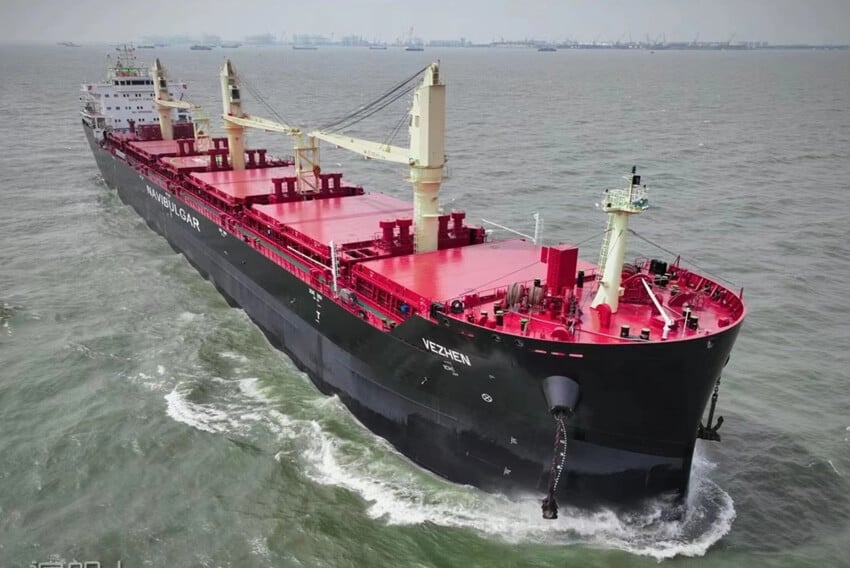Swedish Authorities Conclude Baltic Cable Break Was Accidental

The Swedish Prosecution Authority has officially closed its investigation into a communication cable break in the Baltic Sea, determining that the incident was accidental. The vessel Vezhen, which was linked to the cable damage, was found not to have engaged in any serious sabotage or criminal activity. The investigation revealed that severe weather conditions played a significant role in the incident.
Investigation Findings and Vessel Details
The bulker Vezhen, weighing 32,196 deadweight tons and built in 2002, departed from Ust-Luga, Russia, on January 24. Just two days later, reports emerged of cable damage occurring south of Gotland, Sweden. Following the incident, Swedish authorities detained the vessel for investigation but released it in early February, concluding that gross sabotage was not involved. However, they continued to gather information to understand the circumstances surrounding the cable break.
According to the final report, investigators conducted interviews and analyzed data from the vessel’s Voyage Data Recorder. They also reviewed video footage from the time of the incident. The findings indicated that on January 25, the Baltic Sea experienced severe weather, characterized by high waves. Public Prosecutor Mats Ljungqvist from the National Security Unit stated, “The investigation clearly shows that the cable break was caused by a combination of severe weather, technical deficiencies, and suspected inadequate seamanship on the vessel in question.”
During the inspection of the Vezhen, it was discovered that the anchor system was compromised. The vessel was supposed to have three independent safety devices for the anchor, but two had been out of order for an extended period. The third device failed on January 25, coinciding with the severe weather. As a result, the anchor and chain were released, causing the vessel to drift and snag the subsea communication line between Sweden and Latvia.
Legal Implications and Related Incidents
Prosecutor Ljungqvist emphasized that the investigation found no evidence of intentional wrongdoing. He noted that there were no grounds for charging negligence in this case. This conclusion contrasts with a similar incident that occurred a month earlier, where the tanker Eagle S damaged power and communication cables off the coast of Finland. In that case, three officers faced negligence charges, but a court ruled it lacked jurisdiction since the incident occurred in international waters. The Finnish case is currently under appeal, as prosecutors argue that the crew should have corrected the issue before it caused damage.
While the investigation in Sweden has concluded, the case involving the Vezhen has been handed over to Latvian authorities, who are continuing their own investigation into the matter. As of now, the Swedish Prosecution Authority has officially closed its case, marking the end of its inquiry into the January cable break.
